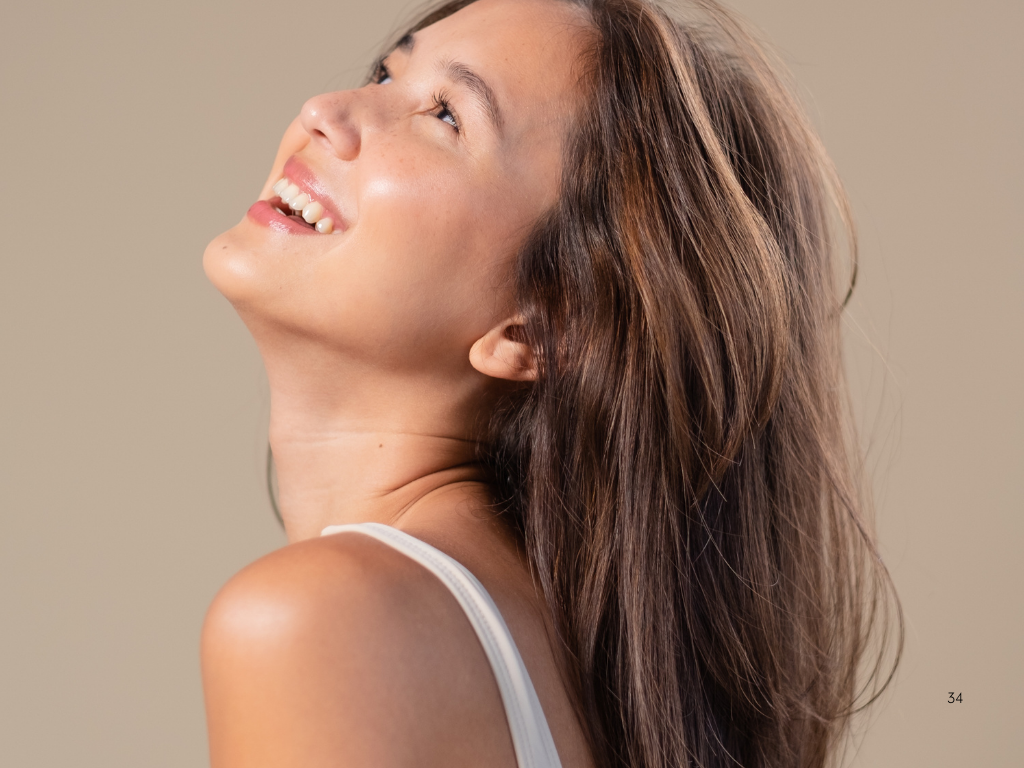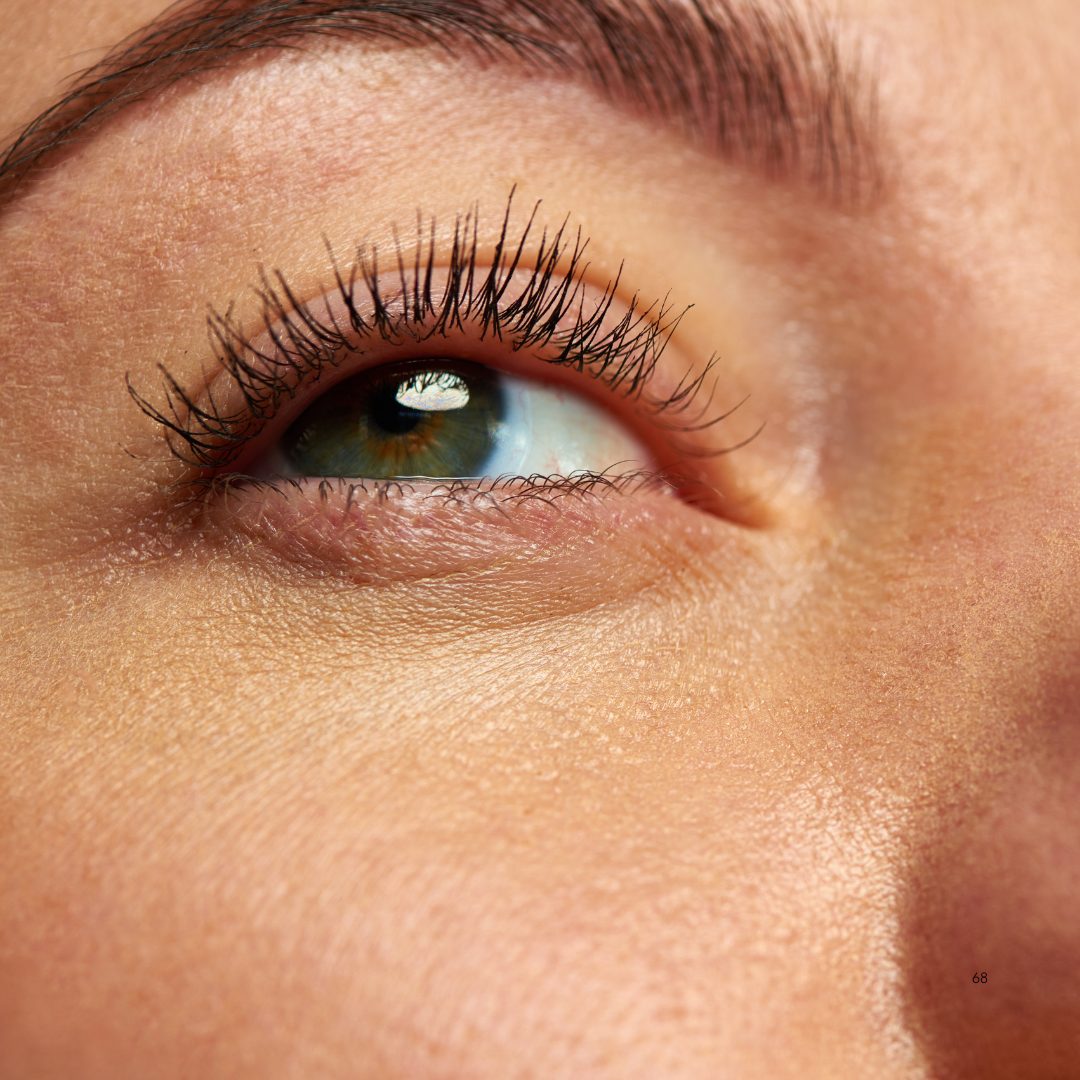Hair loss is common and can occur to anyone at any stage of life for many reasons, which I’ll dive in to below. The psychological impact can be profound. The key with hair loss is to diagnose the underlying cause correctly so it can be treated correctly. The sooner you stop hair loss taking hold the much better chance you have of preventing further hair loss and even recovering hair growth. The correct, best, and most effective treatment will depend entirely on the cause so let’s examine some underlying reasons for hair loss…
Causes of Hair Loss:
As I said, there are many causes to consider so if you’re experiencing hair loss take a 360 degree examination of your life and lifestyle. Skin conditions effecting the scalp like dry scalp, fungal infections of the scalp i.e. “tinea capitis”, eczema and psoriasis can all cause hair loss. Medical conditions such as anaemia (low iron) and hypothyroidism (under active thyroid disease) may also result in hair thinning and loss.
Could your thinning hair be due to medicines? Medications that trigger hair loss include anti-inflammatories, antifungals, valproate, SSRIs (selective serotonin reuptake inhibitors e.g. Citalopram, Beta Blockers e.g. Propranolol, and blood thinners like warfarin and heparin. Some women may experience thinning hair after stopping the oral contraceptive pill. Oral isotretinoin i.e. “Roaccutane” can also cause it. Watch out of supplements too! Vitamin A, often included in “hair, skin and nail” supplements, can result in hair loss. Of course we know that many chemotherapeutic agents can sadly trigger hair to fall out too.
Traction Alopecia is caused by excessive tension on the hair eg. from tight hair styles, slicked back buns, extensions and braids. Too much heat styling, chemical treatments and dyes can also cause hair breakage and loss. Trichotillomania is a psychological condition in which the patient pulls hair out due to stress or anxiety; the patient may pull hair from their head or other parts of the body like eyebrows too.
Other forms of hair loss which cause bald patches include Alopecia Areata, Alopecia Totalis and Frontal Fibrosing Alopecia. These typically require input from a consultant dermatologist so I encourage you not to delay seeking expert care if you’re experiencing these forms of hair loss. They will most likely not respond to over-the-counter treatments alone and the sooner effective treatment starts the better the outcome will be.
With all of that said, the most common types of hair loss are Androgenetic Alopecia i.e. Female and Male “Pattern Hair Loss”, caused by a combination of genetic and hormonal changes as we age, and Telogen Effluvium, which is hair shedding after physical or psychological trauma. It occurs 2-3 months after the stressful event. Some triggers include: pregnancy, weight Loss, fever, surgery & psychological stress. It’s useful to look back at what was going on in 2-3 months ago in your life to see if TE may be the cause of your hair loss. Were you unwell in hospital? Did you have covid or a fever? Both of these can induce telogen effluvium. Psychological stress scan cause it too; were you going through a stressful time at work or in a relationship maybe? The good news about telogen effluvium is that once the cause is removed the hair loss will recover.
Treatments:
Remember that the treatment depends on the cause eg. If hair loss is caused by thyroid disease, treatment will involve treating the thyroid. If a medicine is causing the loss, you may be able to switch to another option with the guidance of your doctor.
General measures: Don’t underestimate the importance of gentle styling of your hair. Avoid heat, curling irons, hair dryers and straighteners as much as you can. Avoid brushing your hair when wet and don’t aggressively towel dry the hair. Keep hairstyles loose so as to avoid traction alopecia. A hair bonnet to keep your hair back at night without tying it up may also be useful. If you have extensions or braids, switch up the direction or the distribution every so often so as to give the hair follicles a break. If you live in a hard water area, it may be useful to look in to getting a water filter although the evidence says that hard water doesn’t actually damage the integrity of the hair. It can have an effect on the shine and manageability of your hair though and this may mean you can cut back on heat styling etc.
Topicals: The single best and most evidence based option for hair loss is topical minoxidil i.e. Regaine. Leave it in for 20 minutes twice a day or apply overnight. In terms of oils for hair loss, options include Rosemary oil and Pumpkin Seed oil. Topical steroids may be useful in autoimmune or inflammatory types of hair loss. Dithranol is another option. Topical tretinoin, mostly used on facial skin for anti aging, may also help with hair loss; best results are seen when used in combination with minoxidil.
Shampoos: Nizoral Shampoo has also been shown to help with hair loss. It has anti-inflammatory properties and also inhibits 5 alpha reductase (a hormone responsible for hair loss). Use about twice a week and leave it in the scalp for 3-4 minutes The Kérastase Genesis range has the active ingredient Aminexil which can help with hair loss due to hair breakage. Caffeine based shampoos can help too.
Supplements: If your hair loss is caused by a nutritional deficiency, correcting the deficiency will help restore hair growth to baseline. The most common deficiencies that cause hair loss include iron, zinc and vitamin D3. Other supplements also shown to help with hair loss are collagen, folic acid and omegas. Tread cautiously with Biotin; it’s often included in Hair, Skin and Nail supplements but it can interfere with lab results eg. It can result in incorrect blood results for heart attack and thyroid disease. There has been a death associated with a missed heart attack diagnosis due to biotin in The US which lead to The FDA issuing a warning about it. For this reason, I don’t routinely recommend Biotin for hair loss. As mentioned above, be mindful of Vitamin A too. It’s often included in multivitamins but can cause hair thinning.
Home devices: the best at home device you can get for hair loss is a red light helmet. They stimulate blood flow to the hair follicle and reduce DHT levels, the hormone responsible for male and female pattern hair loss. They are expensive but effective. On the more affordable end of the scale in terms of home devices for hair loss there is derma rollers. I don’t recommend these for facial use but they can stimulate hair growth when used on the scalp. Use in conjunction with minoxidil for best results.
Office procedures: options include microneedling, platelet rich plasma, exosome treatment and steroid injections to the effected area. Hair transplants are an option too.
Medicines for hair loss: for men there is oral finasteride or dutasteride. For women, there is spironolactone; this acts as an anti-androgen so it’s not safe for use in pregnancy or breastfeeding. Oral minoxidil is another option; this was initially used as a blood pressure medication but it was noted that users were growing thicker, fuller hair so it’s now used as a hair loss medication. Menopausal Hormonal Therapy can also help peri and postmenopausal women experiencing hair loss.
This is a long post which I hope hasn’t bored you to tears but I wanted to take the time to really convey the complexity and nuance of hair loss causes and treatments. It’s multifactorial and requires a full 360 degree approach to lifestyle, nutrition, health, wellbeing and psychological health. There’s often many causes all at play at once so a multimodal approach to treatment is often needed. If hair loss is upsetting you, speak with your healthcare provider. Don’t put up with it. It’s not a vanity thing. Our hair is a part of our identity almost. It can be upsetting to lose it so there’s no shame in wanting to address it. More than that, it may be a symptom of an undiagnosed underlying medical condition so it’s always important to get it checked out.
“What do I need to take for hair?” is one of the most common questions I’m asked.
Check out our Hair Bundle for the best supplements to take to support healthy hair growth, these are collagen, omegas and folic acid. Enjoy watching your hair come back to life as well as 10% off when you buy three of these together.





